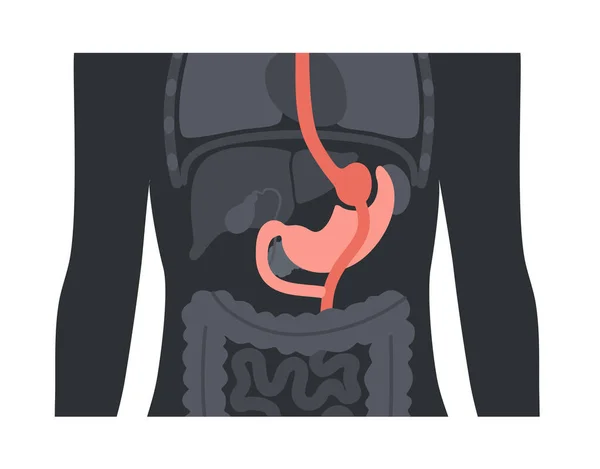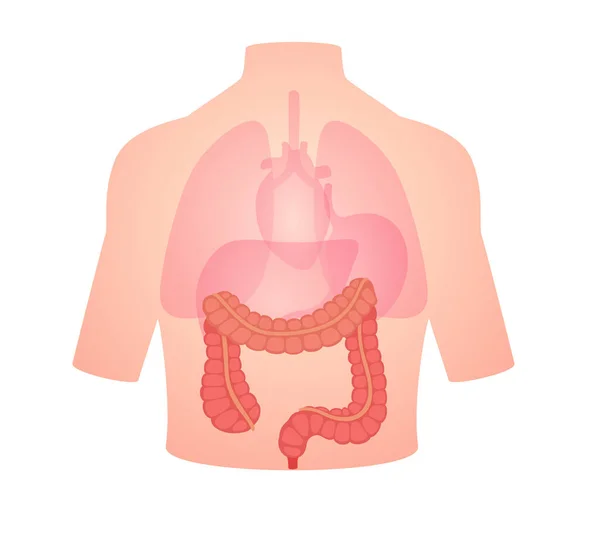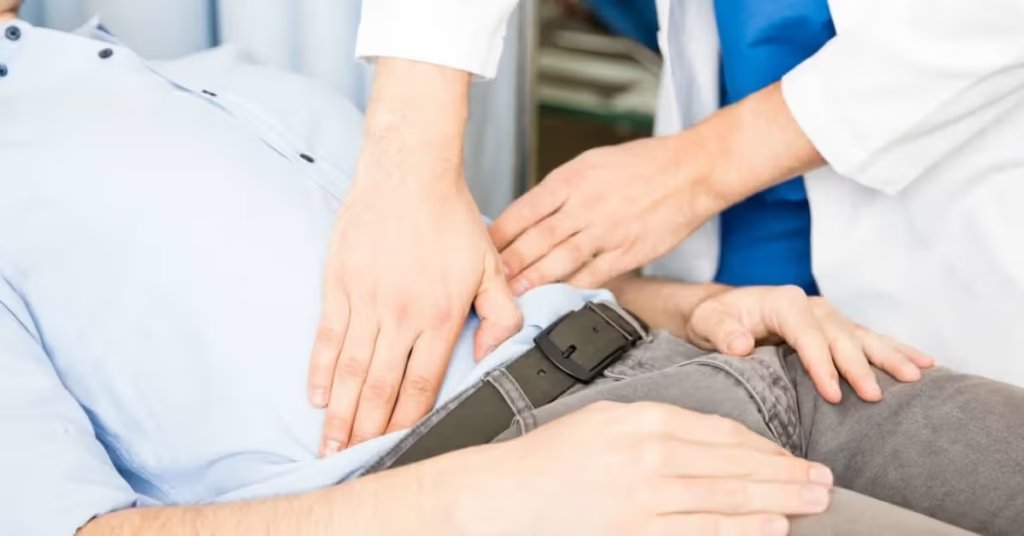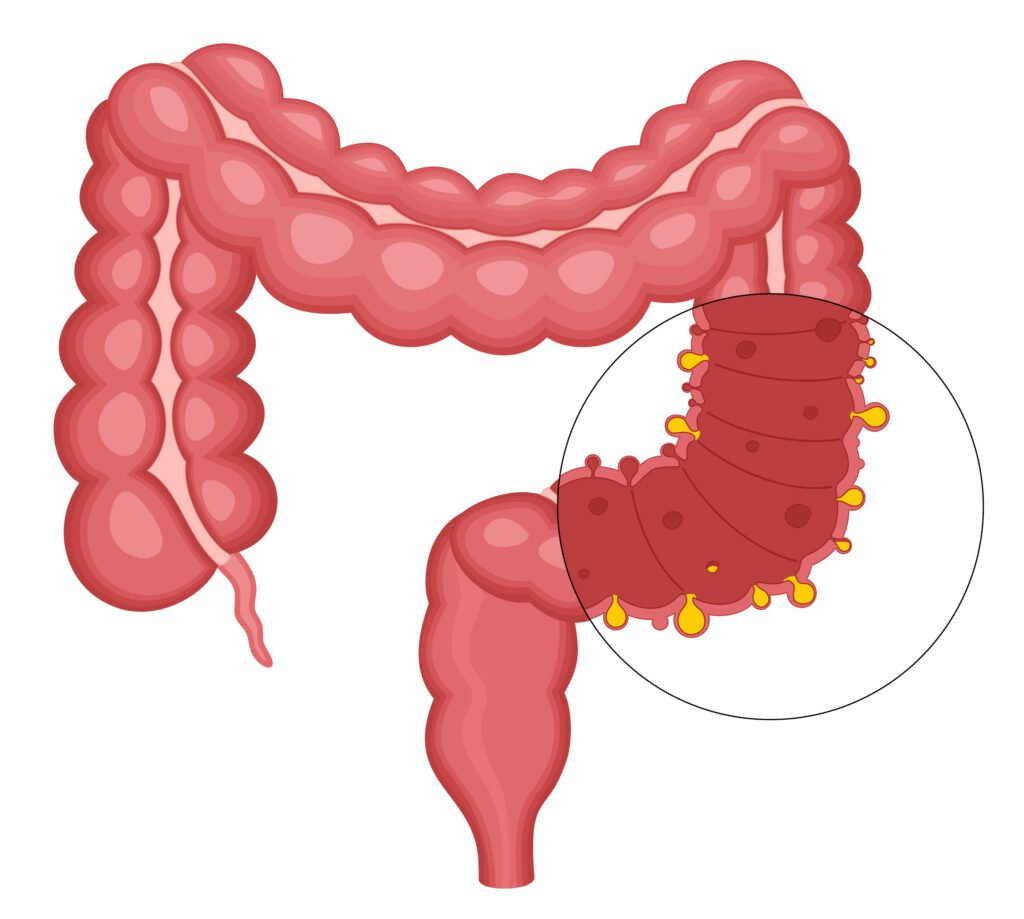Mangalam Hospital
Surgery for bowel perforation
Emergency Surgical Care for Life-Threatening Intestinal Injuries
At Mangalam Hospital, Jaipur, we provide emergency surgery for bowel perforation, a critical condition that requires immediate medical attention. A perforation in the intestine (small or large bowel) can lead to severe infection, internal bleeding, and sepsis — making timely surgical intervention essential to save lives.
Our expert gastrointestinal and trauma surgeons are available 24/7 to perform life-saving procedures, supported by a dedicated critical care team and fully equipped operation theatres.


What Is a Bowel Perforation?
Bowel perforation refers to a hole or tear in the wall of the intestine, which causes the contents of the bowel (including bacteria and waste) to leak into the abdominal cavity. This leads to peritonitis, a dangerous infection that spreads quickly.
Common causes of bowel perforation include:
Trauma or injury to the abdomen
Complications from ulcers or Crohn’s disease
Diverticulitis or colon cancer
Severe infections or intestinal blockages
Surgical complications or swallowed foreign objects
Without timely surgery, bowel perforation can lead to septic shock and death.
Symptoms of a Bowel Perforation
A perforated bowel may initially mimic other abdominal issues but quickly becomes severe. Seek emergency care if you experience:
Sudden, sharp, and intense abdominal pain
Swelling or tightness in the abdomen
High fever and chills
Rapid heartbeat or low blood pressure
Nausea, vomiting, or absence of bowel movements
Confusion or altered consciousness (in advanced cases)
At Mangalam Hospital, we offer rapid diagnosis and immediate surgery to prevent complications.


Surgical Treatment for Bowel Perforation
Once diagnosed (typically via CT scan or X-ray), emergency surgery is required to treat bowel perforation. Our surgeons perform:
Exploratory laparotomy or laparoscopic surgery to locate and repair the perforation
Removal of damaged bowel tissue, if needed
Drainage of infected fluid and cleaning of the abdominal cavity
Colostomy or ileostomy, in some cases, to divert stool and allow healing
Post-surgery, patients are monitored in our ICU with intravenous antibiotics and nutritional support to ensure full recovery.


